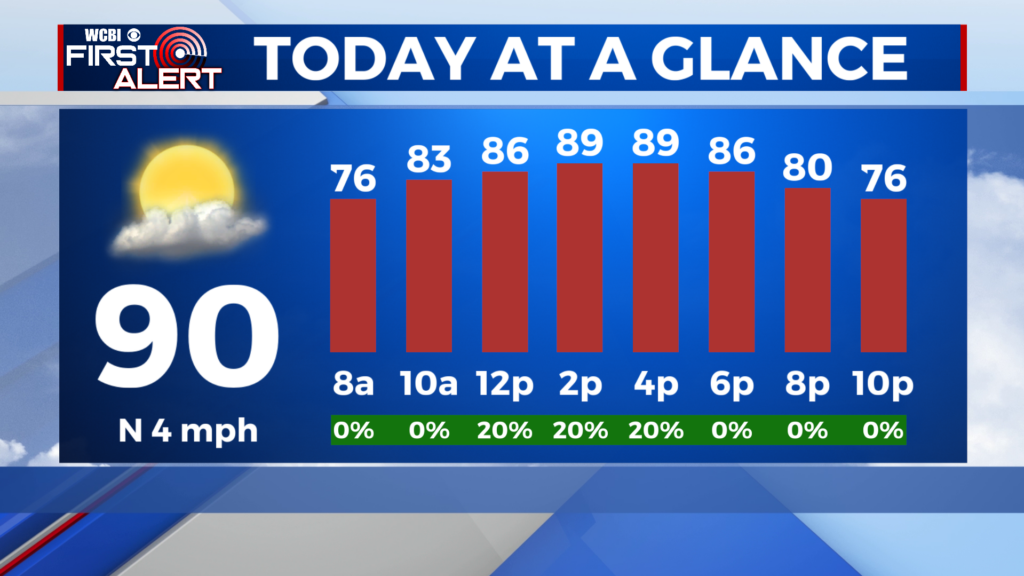Coronavirus recession is either here or on its way, economists say
When it comes to the impact of the coronavirus on the economy, Americans and economists are on the same pessimistic page. A recent CBS News poll found 60% of Americans believe the U.S. is headed for a recession or depression, while 36% said they think any economic downturn will be short-lived.
At Morgan Stanley, analysts are forecasting elements of both ends of that spectrum. “This will be a deep but shorter recession,” the investment bank’s analysts wrote in a recent client’s note.
The global economic downturn now in play will be a deep “V-shaped ” recession — a sharp plunge in growth followed by a quick recovery — predict analysts Chetan Ayha, Derrick Kam and Frank Zhao. That’s because the public health crisis underlying the current economic stall is more akin to a natural disaster than a financial shock, and is therefore being met with a more aggressive policy response than the financial meltdown that brought on the 2008 recession, they noted.
The U.S. and Europe will see a sharp deceleration in growth in the second quarter before recovering in the third, with the recovery expected to be slower than in China, where production levels are already back at 85% to 90% of pre-coronavirus levels, the analysts said.
Just how calamitous the current quarter will prove to be remains unclear, but economists agree on thing — it will be bad. IHS Markit on Monday forecast that growth between April and June will drop a whopping 27% — that would be by far the biggest quarterly drop since World War 2.
By comparison, the largest drop in recent decades came in 1958, when the economy shrank 10% in the first three months of the year.
For 2020, the global economy will contract 1.9%, estimated Morgan Stanley, while stressing that its prediction is based on the virus peaking this month or next. “If the virus peaks later than we expect, the bear case scenario will feature an even deeper contraction of 4.8% for 2020,” the analysts wrote.
“From a historical perspective, global growth in 2020 will be the lowest since 1946 and since 1932 in peacetime,” they added.
Unlike past recessions, “the income and employment shocks are upfront and immediate,” according to a report by Moody’s Investors Service. The rise in weekly jobless claim since the week of March 16 shows an unprecedented 16.8 million job losses in a matter of just three weeks, analysts with the research firm wrote.
The U.S. unemployment rate will surge in the second quarter to between 8.8% and 16.2%, and end the year at about 6.5%, Moody’s forecast, predicting that many small businesses are unlikely to recover.





Leave a Reply